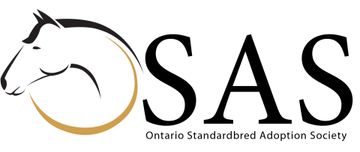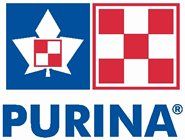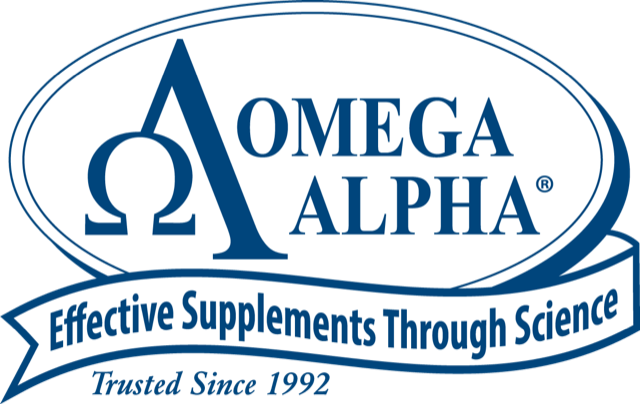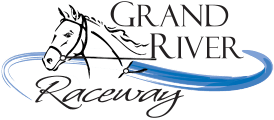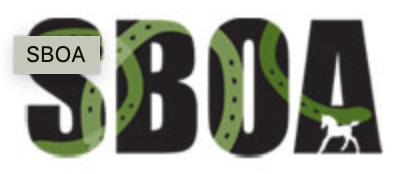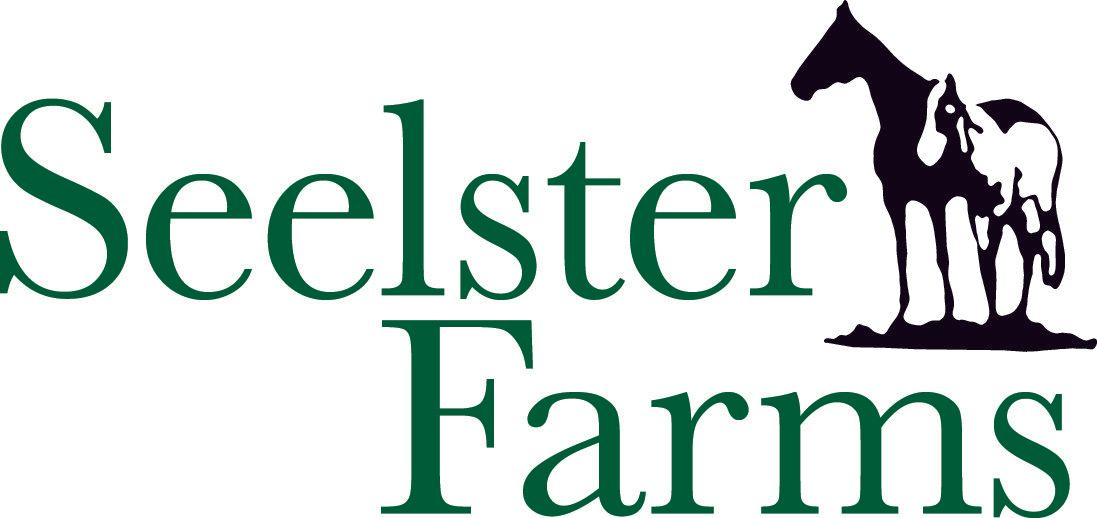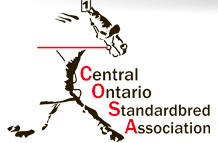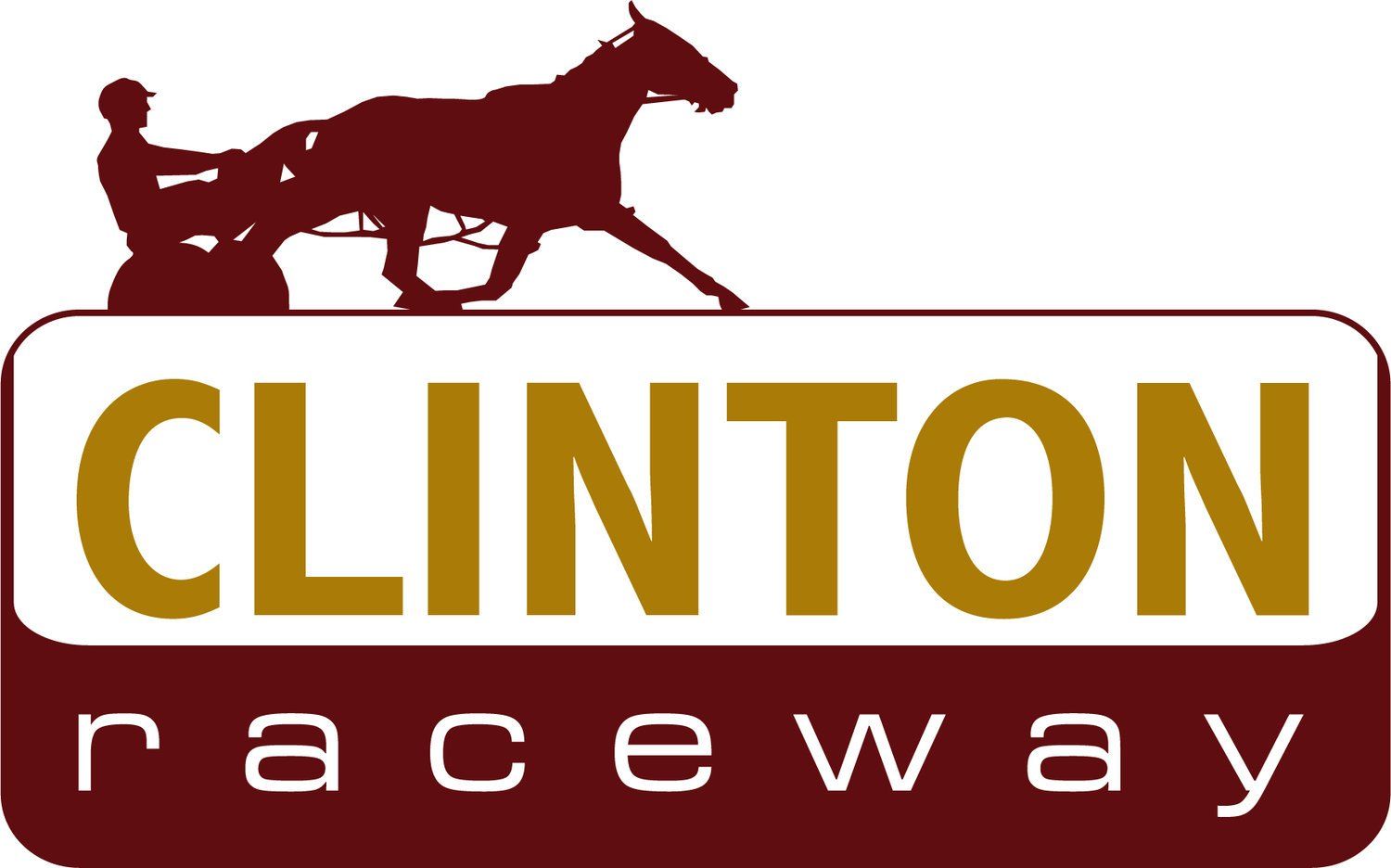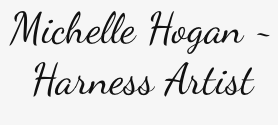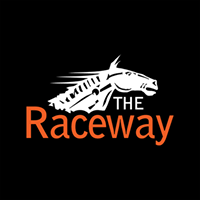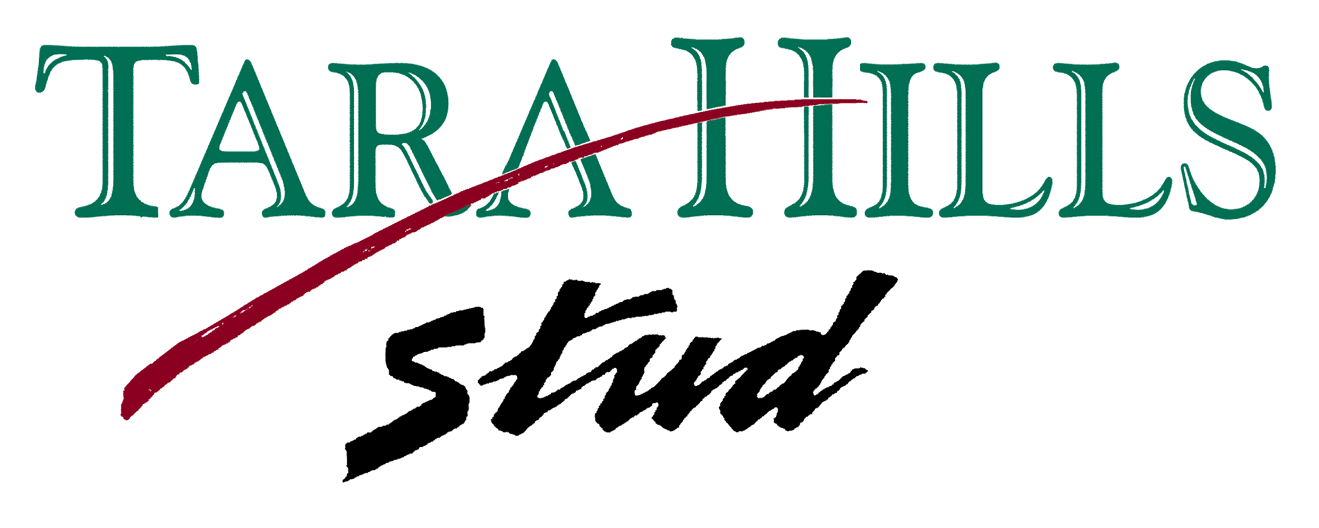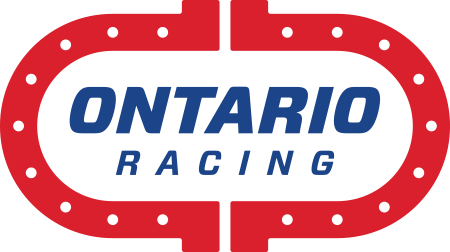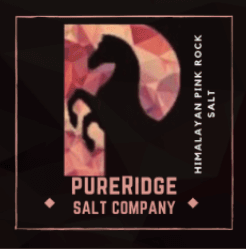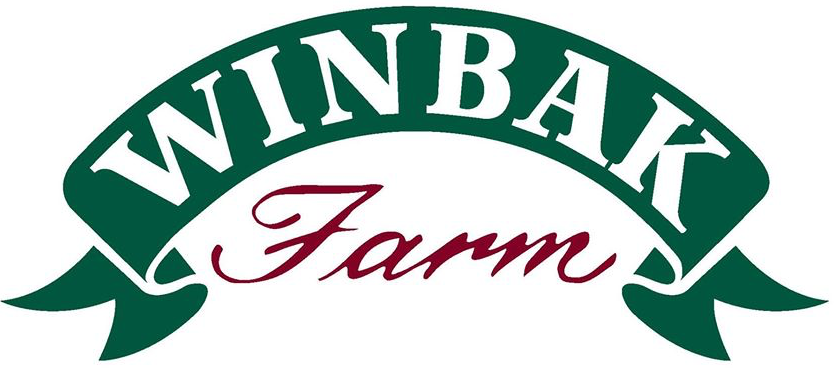About OSAS
The Ontario Standardbred Adoption Society (OSAS) is an approved charitable organization, founded in 1996 to assist in the adoption and relocation of retired and non-racing Standardbred horses within Ontario. OSAS is operated by a Board of Directors and is funded through fundraising, contributions from racetracks, horse industry organizations and private donations.
Our program helps to educate and assist in the retraining and management of the horses. We match the desires and the abilities of each adoptive family to the temperament and capabilities of the horse. Our follow-up on each horse after adoption adds to the strength of this worthwhile program.
Volunteers and temporary foster homes are invaluable to the success of our program, and we are always looking for more help. Please reach out at osashorses@gmail.com or call 905-339-6748 if you would like to be involved or for more information.
DONATIONS: Ontario Standardbred Adoption Society’s charity number is 88834 5667 RR0001. To donate please use the Pay Pal feature below or call the number above to make arrangements. Memorial donations are always greatly appreciated and tax receipts are issued promptly.
Volunteer
The Ontario Standardbred Adoption Society is very appreciative of our wonderful volunteers who assist in a myriad of ways which ultimately help our horses.
We are able to accomplish a great deal more thanks to the many people willing to pitch in.
Interested In Volunteering?
We can always use additional volunteers whether it’s to help out at a racetrack selling tickets or OSAS merchandise, helping with the Drive With Us program, doing foster home check ups, working our annual golf tournament, fundraising, transporting horses, etc. Note that these volunteer hours may be used by high school students for their community service hours.
To learn more please contact Joanne Colville at 905-339-6748 or by email at osashorses@gmail.com.
-
How are Standardbreds, also known as harness horses, different from other horses?
As racehorses, Standardbreds have two distinctive gaits, trotting and pacing. When trotting the legs on opposite sides of the body work together – the right front leg and back left leg go forward at the same time while the left front leg and right rear leg would be going backwards. In pacing the legs on the same side of the body work together. In simple terms, Standardbreds are the racehorses that are guided by a driver sitting in a cart (sulky) behind them rather than Thoroughbreds or Quarter Horses which are ridden by a jockey.
In terms of size Standardbreds and Thoroughbreds tend to be roughly the same size. On the whole Standardbreds are known to have a gentle disposition and are relatively easy to train for other disciplines. Part of OSAS's mandate is to expose the versatility of the breed to those looking for a riding or competition horse.
-
What’s the history of OSAS?
In the mid 1990s, a group of concerned people who worked in the Standardbred industry in Ontario, led by then OHHA general manager Reed Lawson, put together a committee tasked with finding a solution for retired Standardbreds in need of homes once their racing and/or breeding careers were finished. That led to the formation of the Ontario Standardbred Adoption Society in 1996. An approved charitable organization, OSAS has been the officially recognized adoption agency for Standardbreds in the province for close to three decades.
-
How do I adopt an OSAS horse?
After reviewing the list of horses available on our website, give us a call at 905-339-6748 or email osashorses@gmail.com to obtain further information. We strive to keep our website and the list of horses available as up to date as possible but this can change on a daily basis. This also gives us an opportunity to assess exactly what you will be using the horse for – pure pleasure, competing, showing, companion, etc., to find the perfect match.
Following this you will be directed to complete the adoption application, following which you can visit the horses we feel are best suited for you.
-
What happens once I have decided upon a horse I would like to adopt?
Once the paperwork is completed arrangements will be made for one of OSAS’s many guardians or staff will complete a site inspection of your property (or the property where the horse will live) to ensure it adheres to the conditions outlined on the site inspection document. Once that has completed to the satisfaction of all, the horse will be transported to that facility. Follow ups will be done on a regular basis to ensure the horse’s health and well being are maintained. This aspect is now much easier these days as adoptees can share photos of their horses with OSAS via social media, email, etc.
After three successful follow ups, the ownership of the horse transfers to the adoptive owner under a special provision noted by Standardbred Canada that does not allow the horse to be raced or bred. The adoptive owner is totally responsible for the horse should the need arise for him to be moved elsewhere. OSAS will only intervene in the event of extremely extenuating circumstances.
Do you have a question? Please click HERE and we will post the answer here shortly.
OSAS Staff/Directors
Joanne Colville (Administrator)
OSAS Board Of Directors
Ian Fleming
